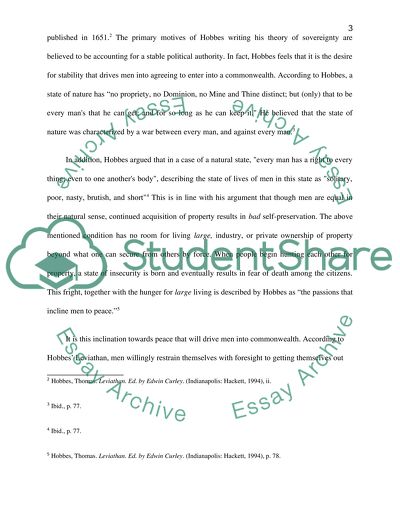Cite this document
(“Hobbes and Locke's Ideas on Sovereignty Literature review”, n.d.)
Hobbes and Locke's Ideas on Sovereignty Literature review. Retrieved from https://studentshare.org/philosophy/1469766-the-concept-of-sovereignty-figures-prominently-in
Hobbes and Locke's Ideas on Sovereignty Literature review. Retrieved from https://studentshare.org/philosophy/1469766-the-concept-of-sovereignty-figures-prominently-in
(Hobbes and Locke'S Ideas on Sovereignty Literature Review)
Hobbes and Locke'S Ideas on Sovereignty Literature Review. https://studentshare.org/philosophy/1469766-the-concept-of-sovereignty-figures-prominently-in.
Hobbes and Locke'S Ideas on Sovereignty Literature Review. https://studentshare.org/philosophy/1469766-the-concept-of-sovereignty-figures-prominently-in.
“Hobbes and Locke'S Ideas on Sovereignty Literature Review”, n.d. https://studentshare.org/philosophy/1469766-the-concept-of-sovereignty-figures-prominently-in.


